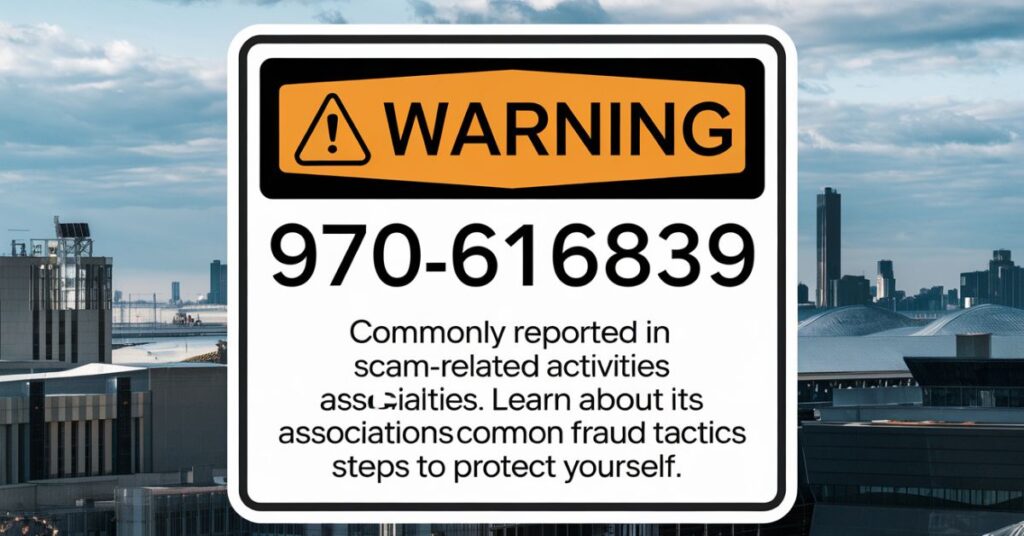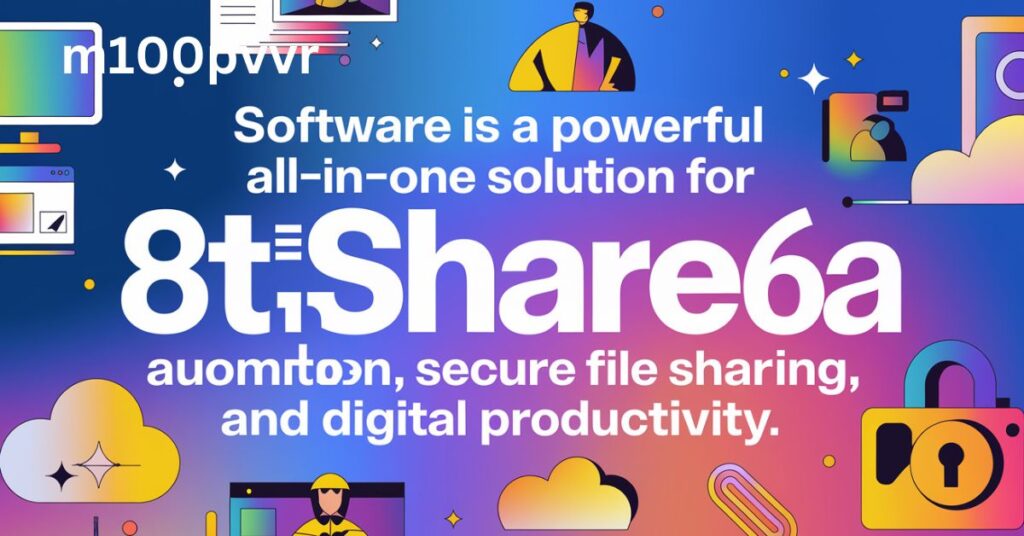Agree: Phone numbers are often more important than they seem, acting as vital conduits for information or occasionally as things to be concerned about.
Promise: The background and context of the number “970616839,” as well as its claimed associations, ramifications, and potential interpretations, will be examined in this conversation, especially in relation to scam-related activities.
Preview: You will discover its relationship to fraud reports, how to recognize and manage these kinds of problems, and the more general steps you may take to safeguard yourself against such dangers.
Contextual Associations
- As a Phone Number: The number “970616839” has been reported in a number of complaint sites and forums, mostly in relation to scam calls. Victims have reported getting unsolicited calls from people posing as representatives of banks, government organizations, or technical help services. Frequently, these calls target gullible people with false purpose.
- As an Identifier: This sequence could potentially be used as a tracking ID, account number, or reference code in other situations, even though it is most commonly used as a phone number. Nevertheless, there is no proof that this number is associated with trustworthy services, highlighting its fraudulent use.
- Other Interpretations: In addition to being a phone number, “970616839” has no real cultural, mathematical, or symbolic significance. Given how frequently it is linked to fraudulent activities, exercising caution while interacting with unknown numbers is crucial.
Scams and Fraudulent Activities
Common Tactics
Scammers using this number often employ several deceptive strategies:
- Impersonation: Pretending to be customer service representatives, law enforcement officers, or tax department representatives.
- Fear Tactics: Stating that there is questionable account activity, that the recipient is facing legal action, or that they owe overdue taxes.
- Urgency: Demanding prompt action to prevent dire repercussions, such as paying or disclosing private information.
- Reported Incidents: Victims frequently report receiving ambiguous messages concerning compromised accounts, unpaid bills, or unauthorized payments. These calls are made to take advantage of feelings like panic and bewilderment, which makes people respond quickly without checking the veracity of the information.
How to Identify and Handle Related Issues
Steps to Verify Legitimacy:
• Verify the phone number by consulting the claimed organization’s official directories or customer support channels.
• Refrain from discussing private information over the phone, particularly if the call was unexpected.
• Through official correspondence or email, request written confirmation of the assertions.
Recognizing Red Flags:
• Requests for private information, such as passwords, credit card numbers, or Social Security numbers.
• The possibility of instant repercussions, such account suspension or legal action.
• Demands for payments made using odd means, such wire transfers, bitcoin, or gift cards.
Tools for Screening or Blocking:
• To find and block questionable numbers, use caller ID applications such as Truecaller or Hiya.
• To eliminate known scam numbers, turn on spam call protection on your phone.
Reporting Scams:
• Inform the Federal Trade Commission (FTC) and other consumer protection organizations about the occurrence.
• To notify others, share your experience on fraud alert platforms.
• Notify your phone provider so they can ban the number and keep an eye out for any other questionable activities.
Broader Implications
Impact of Phone Scams
Phone scams, like the one connected to “970616839,” result in substantial money losses as well as mental distress. Victims may stop trusting phone conversations because they feel violated. Because of their apparent lack of technology expertise, vulnerable groups—like the elderly—are specifically targeted.
Preventive Measures:
• Education initiatives aimed at increasing public knowledge of fraud strategies.
• Urging people to confirm statements before acting.
• Creating strong phone security tools, such as spam detection powered by AI.
Regulatory Actions:
Stricter steps are being taken by governments and regulatory bodies around the world to combat scams. Initiatives such as STIR/SHAKEN frameworks, for example, assist in confirming the legitimacy of callers. Addressing scams that come from abroad also requires international collaboration.
Conclusion
The number “970616839” serves as a reminder of the significance of being vigilant and the increasing frequency of phone-based frauds. People can guard against becoming victims of such schemes by being aware of the strategies employed, identifying warning indicators, and taking preventative action. In the end, fighting the increase in fraudulent activity requires coordinated actions by people, groups, and government.
FAQs
What is the number “970616839” associated with?
It is mostly reported as a hoax phone number that scammers use to pose as trustworthy companies in order to defraud victims of their money or sensitive information.
How can I verify if a call from this number is genuine?
Use the official contact information from the organization’s website or literature to get in touch with them directly and confirm the caller’s claims.
What should I do if I receive a call from “970616839”?
Don’t provide any personal data. Report it to the appropriate authorities, block the number, and end the call right away.
Are there tools to protect against scam calls?
Indeed, scam calls may be recognized and blocked with the aid of apps like Truecaller, Hiya, and integrated phone spam filters.
How can I report a scam call?
Use websites like Scamwatch or Action Fraud in your area, or report the call to local consumer protection organizations like the FTC in the US.



